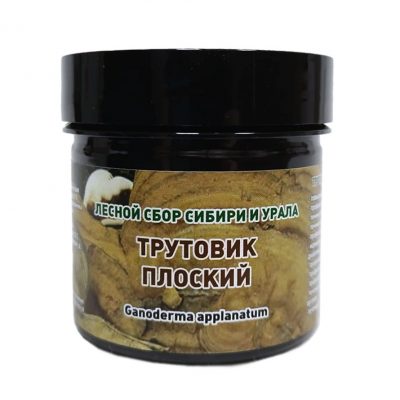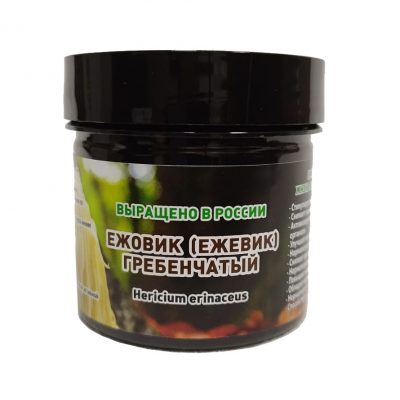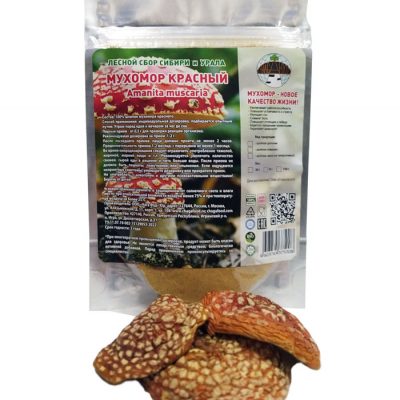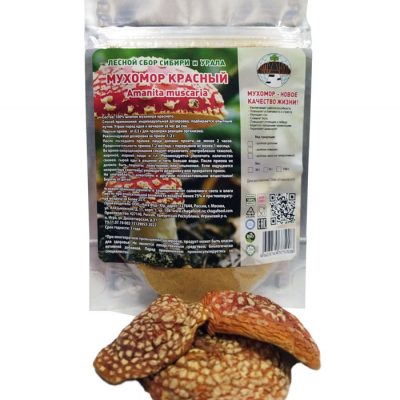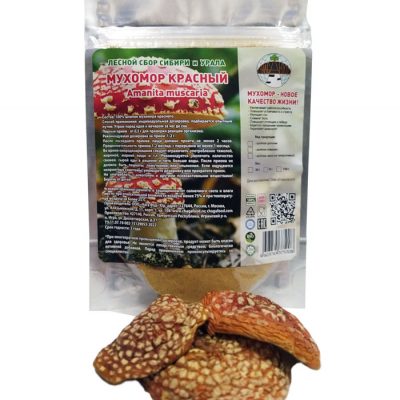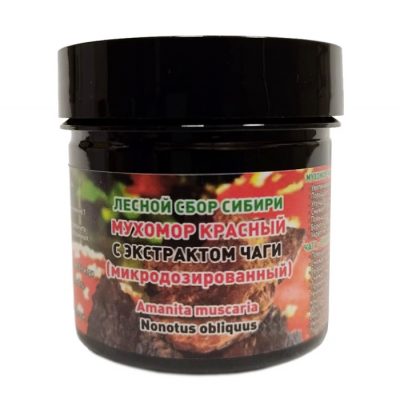Despite the fact that the chaga mushroom is mined and developed in Russia, its benefits have long been known in Asia and the West.
Here we share an article in which Cleveland nutritionist Beth Czerwony shares information about the benefits of chaga mushroom fungus.
Surely you have heard of portobello and shiitake mushrooms. But have you heard of chaga mushrooms?
Mushrooms, commonly found in Siberia, have been used throughout history to boost immunity due to their antioxidant content.
So, where can you find chaga mushroom, how do you use it, and what benefits will you get?
What are chaga mushrooms?
Chaga mushrooms, which tend to grow on mushroom trees in cold climates, have a hard appearance. They don't look like traditional mushrooms. Instead, they have a bitter but vanilla flavor. They are also high in fiber and low in calories.
“It doesn't look like the traditional mushrooms you see in grocery stores,” Cervoni says. Therefore, you may have to go to a specialty or health food store or order it online.
Most varieties of chaga mushrooms are found in teas where they are ground into a powder, however they have become a popular ingredient in skin care products and are available as a supplement.
Health Benefits of Chaga Mushrooms
More research is needed to fully understand the effects of chaga mushrooms, but here's what we know so far.
Reduces inflammation
High in antioxidants, chaga mushrooms have been found to help fight inflammation.
“Due to the presence of these antioxidants, chaga mushrooms reduce inflammation in our gut, which can cause problems like irritable bowel syndrome,” Cervoni says.
A study shows that chaga mushrooms can not only help reduce inflammation, but also fight harmful bacteria.
Fights cancer
Many studies show that chaga mushrooms can slow down the growth of cancer cells.
“One study said that using a chaga supplement resulted in a 60% reduction in tumor size,” Cervoni says.
Other studies show that it helped prevent the growth of cancer cells in the liver.
“This is really exciting news for those with liver cancer as a viable treatment, perhaps in the future,” she says.
Similar results have been found in lung, breast, prostate, and colon cancers, but more research is needed.
Reduces blood sugar levels
For people with insulin resistance, polycystic ovary syndrome, or type 2 diabetes, consuming chaga mushroom can help lower blood sugar levels and improve insulin resistance.
Several studies show the potential to lower blood sugar levels by as much as 31%, but more research is needed, especially in humans.
“Consuming chaga mushrooms may be beneficial for those people who help lower blood sugar levels,” Cervoni says.
Reduces cholesterol levels
Due to their high antioxidant content, chaga mushrooms can also help lower cholesterol levels, which may reduce the risk of heart disease.
One study shows that chaga mushrooms lower “bad” LDL cholesterol, triglycerides, and total cholesterol. It also increased the level of antioxidants. There is also evidence that chaga mushrooms can increase “good” HDL cholesterol levels.
“Chaga mushrooms may protect your cholesterol levels and possibly help improve the health of your artery walls,” Cervoni says.
Side Effects of Chaga Mushrooms
As with all supplements or vitamins, Cervoni advises checking with your doctor before adding anything new.
If you have type 2 diabetes, talk to your doctor first to make sure you're keeping your blood sugar at the right level.
Also, if you are taking any blood-thinning medications or have an upcoming surgery or procedure, talk to your doctor first, as chaga mushrooms contain a protein that prevents blood from clotting.
And since dietary supplements are not regulated by the US Food and Drug Administration (FDA), Cervoni also suggests doing home research before buying chaga mushrooms.
“You could get different effects with each dose,” she says. “You can use the tea once and have no side effects. But next time you might have something more effective due to how it was grown or processed. And then you can get some side effects.”
But if you've done your research, talked to your doctor, and want to try chaga mushrooms, go for it.
“You have to be educated and you have to be careful about certain things because it can do more harm than good,” Cervoni says.







